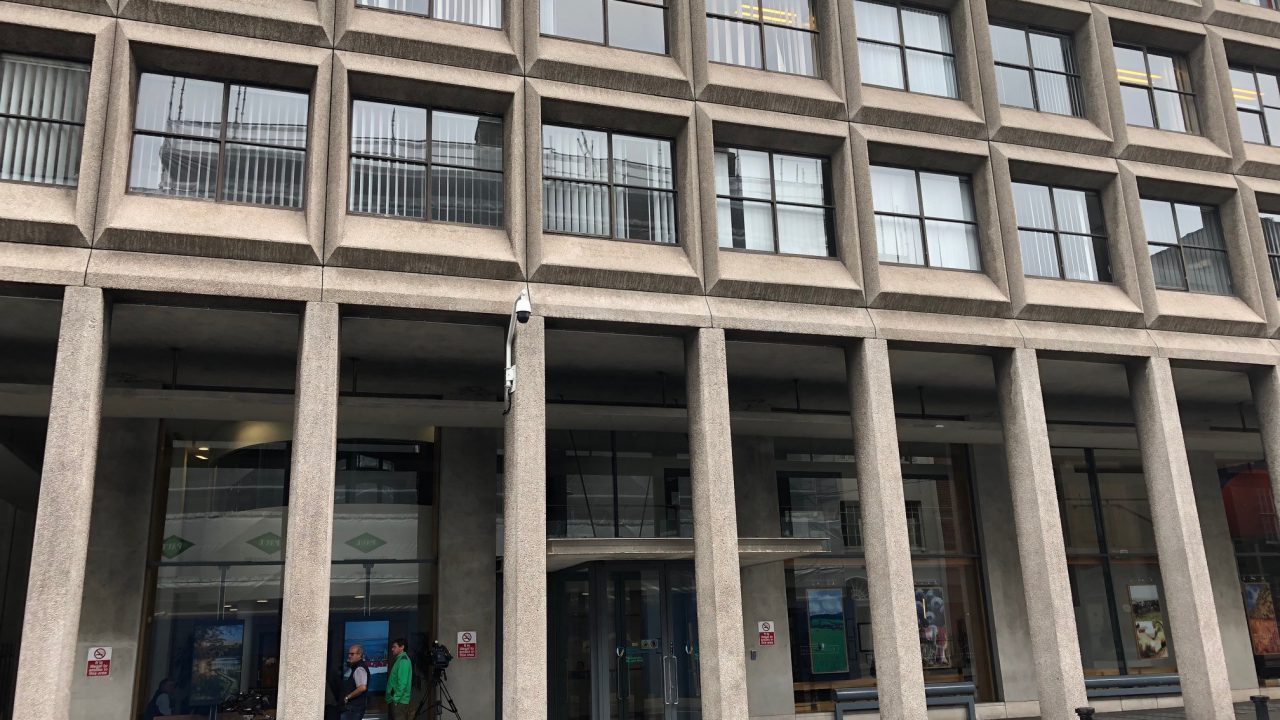The latest meeting of the Beef Market Taskforce, which took place today (Tuesday, March 9), seems to have left farm organisations even more frustrated with beef processors than they were before.
Today’s meeting received an overwhelmingly negative response from farm organisations, who bemoaned what they saw as a lack of an explanation for cuts to cattle prices that were seen a number of weeks ago.
Even Minister for Agriculture, Food and the Marine Charlie McConalogue hinted at a sense of annoyance at the processors.
The minister said (while stating that price is largely outside of the taskforce’s control): “There are elements where certainty can be provided, and the meat industry needs to be aware that changing these parameters abruptly is very disruptive for farmer suppliers.
I would like to see the industry communicating more effectively with farmer suppliers, and providing more certainty and continuity in relation to these issues.
Apart from the minister’s comments, taskforce chair Michael Dowling instructed Meat Industry Ireland (MII) to “convey clearly to their members… the severe disappointment expressed by farmer representatives… and unhappiness with the explanation provided”.
But what did the farmer representatives actually say?
ICSA
Irish Cattle and Sheep Farmers’ Association (ICSA) beef chairperson Edmund Graham insisted that the taskforce must “get to the bottom” of the price cuts that occurred in February.
However, after the meeting, he said he was “not happy with the response from MII”.
He added that the farm organisations at this meeting agreed that the management of the individual processors should attend the next meeting.
Graham also claimed that the “imports of beef have aided and abetted” the reduction in price, saying: “I want full information about just exactly what is going on.
Today’s taskforce meeting saw a presentation from Bord Bia which confirmed the arguments put forward by ICSA in recent weeks that the Irish price is falling far behind the equivalent prices in the UK and continental Europe.
In relation to an upcoming report by Grant Thornton on the price composition of the beef animal along the supply chain (on which the taskforce members were given an update), Graham said: “It is clear that their report is hampered by a lack of cooperation and information, particularly at retail level.”
Today’s meeting also featured a report from Teagasc on the potential for a different pricing model. On this point, the ICSA beef chair said he was keen for the option to be further researched but that it must “operate on the same basis as the dairy pricing model which is that farmers need to be rewarded for adding value”.
IFA
Irish Farmers’ Association (IFA) president Tim Cullinan called on Minister McConalogue to “immediately advance the establishment of the office of the food ombudsman”.
“The lack of regulatory and oversight powers to bring full transparency to the beef supply chain was very evident at today’s meeting,” Cullinan argued.
He added that a public consultation is due to be launched to identify the extent of regulatory powers the office of food ombudsman will need, saying this “must commence immediately”.
The IFA president also noted that the minister committed to bringing in legislation setting up the ombudsman before the end of the year.
“Prices have turned and are strengthening. The gap with the export benchmark price must be closed and factories must return the full value of the market place in beef price,” Cullinan urged.
ICMSA
“We always try and engage constructively, but there’s no point in pretending that we’re any closer to the kind of meaningful changes that certainly we think need to be made, and could be made with the right commitment,” opined Pat McCormack, president of the Irish Creamery Milk Suppliers’ Association (ICMSA).
McCormack focused in on Teagasc’s grid review, saying it should be focused on two things: “Firstly, remedying the year-on-year losses inflicted on farmers by the grid since it was introduced and, secondly, identifying already obvious consumer trends in beef consumption and pulling back from those in terms of processing and producing beef.”
He stressed that any review “has to look ‘down the line’ five years and not just at the here and now”.
On the issue of the food ombudsman – or “whatever title he or she ends up with” – the ICMSA president said: “That person will have to posses enforcement powers and if that requires legislation then we’ll want to see that.
“No-one has any faith in vague ‘recommendations’ or ‘reports’ at this stage,” he added.
Beef Plan
One of the official representatives for the Beef Plan Movement on the taskforce, Dermot O’Brien, said after the meeting: “[We] have strongly campaigned for transparency and today’s taskforce meeting has delivered nothing.”
O’Brien said that the food ombudsman would be welcome, but what was really needed was an “independent meat regulator”.
All stakeholders were asked to support the appointment of an ‘independent meat regulator’ to be able to investigate what consumers require and where the money goes in the meat supply chain.
“A food ombudsman is welcome but an independent regulator to implement a code of conduct coupled with the power to prosecute is the only appointment to correct anti-competitive behaviour along the supply chain,” he argued.
In relation to the Grant Thornton reports that were commissioned by the taskforce, O’Brien expressed misgivings, saying the firm “is not answering the hard questions that Irish farmers are asking”.
